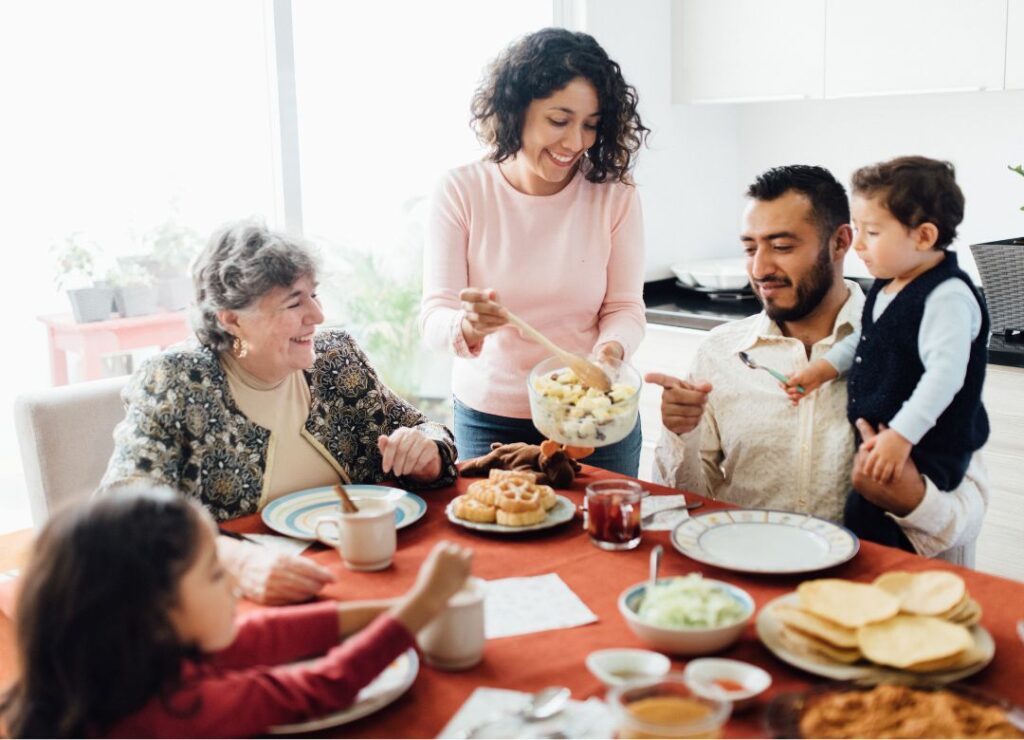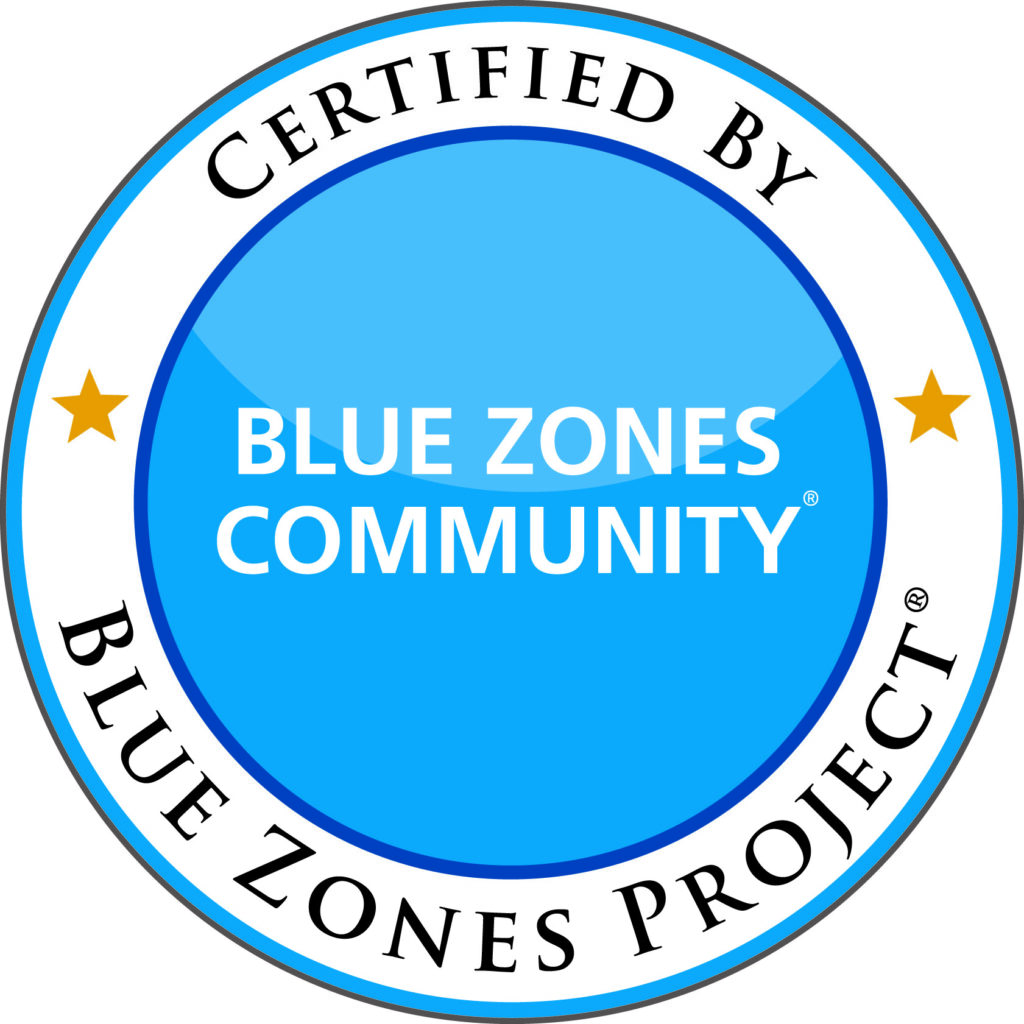The medicine to live longer is already here
By Macy Taylor, Blue Zones Albert Lea Intern
 This summer, I became an aunt. My sister and her husband welcomed a healthy baby boy into the world on Aug. 17. When I held him for the first time, I was overcome with joy. Since the day he was born, I’ve felt lighter, happier, and more hopeful than times past when I think about him. I can tell that the rest of my family feels the same way. I can say for sure that this little human is already so loved.
This summer, I became an aunt. My sister and her husband welcomed a healthy baby boy into the world on Aug. 17. When I held him for the first time, I was overcome with joy. Since the day he was born, I’ve felt lighter, happier, and more hopeful than times past when I think about him. I can tell that the rest of my family feels the same way. I can say for sure that this little human is already so loved.
In the Blue Zones of the world, families often live in multi-generational households. A specific place comes to mind when thinking about this phenomena: the Nicoya Peninsula of Costa Rica. In this Central American Blue Zone, the undertaking of parenting isn’t placed only on two people. Aunts and uncles, grandparents, and even great-grandparents help. Nicoyans live with their families throughout their whole life, caring for their relatives and being cared for in return. This way of living is a practical way to employ and pass on the wisdom of elders. Creating better lives for younger generations happens at the same time as promoting longevity for older generations.
Scientific studies in recent years have revealed promising data on the connection between living longer and being around younger relatives. Grandparents who were active in their grandchildren’s lives were more likely to live longer than those who had no presence. They were also more likely to have higher cognitive scores, better mental health, and better physical health.
When looking at these effects and the Blue Zones Power 9 of health habits, it all makes sense. Move naturally: young children are active and lively, and they require guardians to be active as well in order to keep up. Know your purpose: it’s easier to take on the day when one of the reasons is to make life better for the little one. Downshift: one is able to slow down and appreciate the small things that make life better. Loved ones first: when children receive love, they often reciprocate. The Blue Zones lifestyle promotes a positive feedback loop of longevity for all who partake.
How can everyone take all of these things they’ve learned and put them into practice? For most people, moving the whole family into one household is not an option. Occupations, finances and need for skilled care prevent making multi-generational homes a reality for many. Parents need to have stable jobs in order to provide for their families, which sometimes requires moving from place to place. Forty-six percent of Americans over the age of 75 are disabled, and some need care around the clock.
Even though people can’t instantaneously switch over to the lifestyle of the Nicoyans, they can build the foundational habits for a longer life with these simple steps:
- Spend at least one day a week with younger family members.
- Plan more events that include multiple generations like outdoor activities, holiday dinners, and birthday parties.
- Bring children to nursing homes regularly to visit their elderly relatives.
- When the medicine to live longer is your niece, nephew, or grandchild, stick close to them!
Learn more about living longer and better by reading a Blue Zones book, available at the Albert Lea Public Library, 211 E. Clark St.

